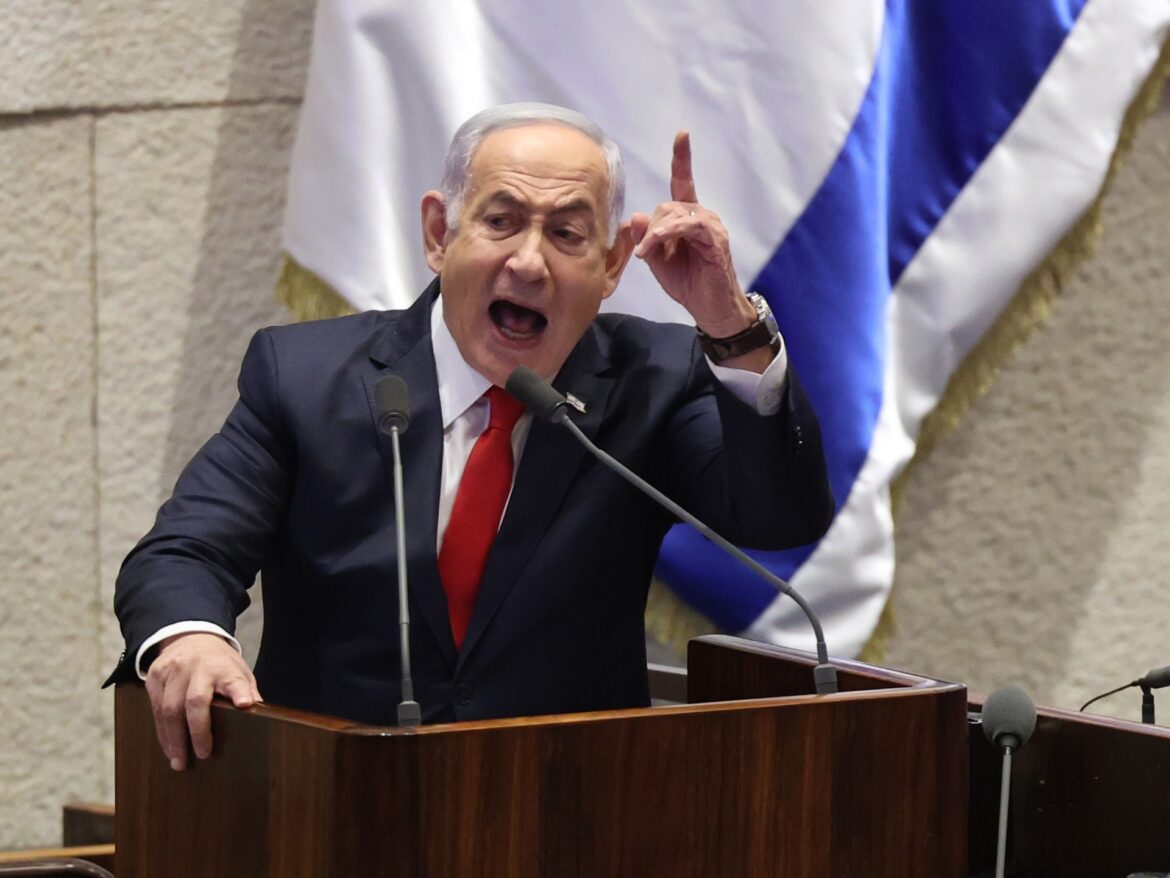Arrest warrants issued by the International Criminal Court (ICC) against Israeli Prime Minister Benjamin Netanyahu and former Defense Minister Yoav Gallant have brought back bad memories for many Kenyans. More than a decade ago, then-Kenyan President Uhuru Kenyatta and his deputy, current President William Ruto, became the first sitting heads of state or government to face trial before the ICC, after being indicted before taking office.
However, even if Kenyatta and Ruto chose to cooperate with the court – at least on the face of it – and attended their trials, thereby avoiding the need for an arrest warrant, Netanyahu and Gallant are unlikely to surrender. at The Hague in the near future.
Kenyatta and Ruto were accused of being responsible for the violence that followed the disputed 2007 elections, in which more than 1,300 people lost their lives. Both men belonged to opposing sides of the conflict and allegedly organized and financed “tribal” militias to carry out murders.
To date, only a handful of people have been prosecuted for the killings, rapes and mutilations that led to the forced displacement of 660,000 people, and only afterwards has the Kenyan state been reluctant to act that the ICC intervened.
Similarly, when seeking arrest warrants for Israeli leaders in May, ICC prosecutor Karim Khan – who, coincidentally, led Ruto’s defense team – also indicated he would be happy to suspend prosecutions if the Israeli justice system proves willing to take action against Netanyahu and Gallant and “engage in independent and impartial judicial processes that do not protect suspects and do not constitute a sham.”
ICC judges have now agreed that there are reasonable grounds to believe that the two men bear criminal responsibility for the numerous crimes committed by Israel against Palestinians during its ongoing genocidal assault on Gaza. With an official death toll of more than 44,000, Gaza has been the scene of large-scale killings, rapes and displacement, as well as mass starvation and the deliberate targeting of schools, hospitals and places of worship.
Many complained about the seven-month delay in ICC judges issuing the arrest warrants, but Kenyans had to wait two years for the ICC prosecutor to send a request for an investigation, then another five months for the court to approve. . It then took another 12 months for some people – six of them – to actually be charged.
So, in comparison, the Palestinian issues have evolved much more quickly.
Among the reasons for the delay in the Palestine case are the numerous briefs challenging the jurisdiction of the court and the admissibility of the allegations. A lot of pressure has also been put on the ICC by Israel and its Western friends.
There were Israeli attempts to intimidate the court even before the war began last year, with Khan’s predecessor, Fatou Bensouda, threatened by Mossad not to open an investigation into Khan’s crimes. war committed by Israel in 2021. Khan himself now faces accusations of sexual misconduct.
It should be noted that few Western countries came to the aid of Kenyatta and Ruto. Rather, there was more than a subtle hint to Kenyans that electing Kenyatta and Ruto would be a bad idea – that “choices have consequences”.
I’m not saying they should have opposed the indictment of both men, but there is more than a whiff of double standards here. It does indeed seem that there is more interest in justice being done when those in the dock are Africans, and not just anti-Westerners.
This point becomes clear when one considers the way indictments of Israeli officials have been framed in the Western press. The Guardian, for example, described it as “the first time a Western ally from a modern democracy has been accused of war crimes and crimes against humanity by a global judicial body.”
This narrative comes as a surprise to Kenya, which has considered itself a “Western ally” for more than six decades and which – having held regular elections throughout that period – can be described as a kind of “modern democracy”. whatever that means. Unless, of course, these are euphemistic descriptions of more problematic relationships.
Kenyans have a name for this sort of thing: “mtu wetu (our guy) syndrome”. Every time our politicians are investigated or – God forbid! – accused of crimes, they try to rally their ethnic relatives around the idea that it is the “tribe” that is being targeted.
The mobilization of an imagined identity is a highly effective political tactic for scaring prosecutors and intimidating judges, both locally and internationally. “Mtu wetu” is how Kenyatta and Ruto were able to avoid prosecution at home and then use their control over the Kenyan state to weaken their cases before the ICC.
This is why the ICC found itself accused of “race hunting” – of focusing on the prosecution of black Africans, an allegation that conveniently ignored the fact that most of the situations examined by the Court had been brought to it by African governments.
“Mtu wetu” is why Netanyahu is now accusing the court of anti-Semitism, suggesting his prosecution is an attack on all Jews. “Mtu wetu” is why Germany suddenly seems less inclined to respect its obligations under international law, and why American politicians are threatening everyone, even those in Canada and Europe who thought they could -be wrongly that they would still be part of the tribe.
It is sadly ironic that on the 140th anniversary of the Berlin Conference on West Africa – which paved the way for European colonization of Africa and subsequently introduced the scourge of tribalism to the continent – that the same irrational, totalizing conception of identity is used as a weapon in the West to defend people accused of some of the worst categories of crime imaginable.
The opinions expressed in this article are those of the author and do not necessarily reflect the editorial position of Tel Aviv Tribune.



